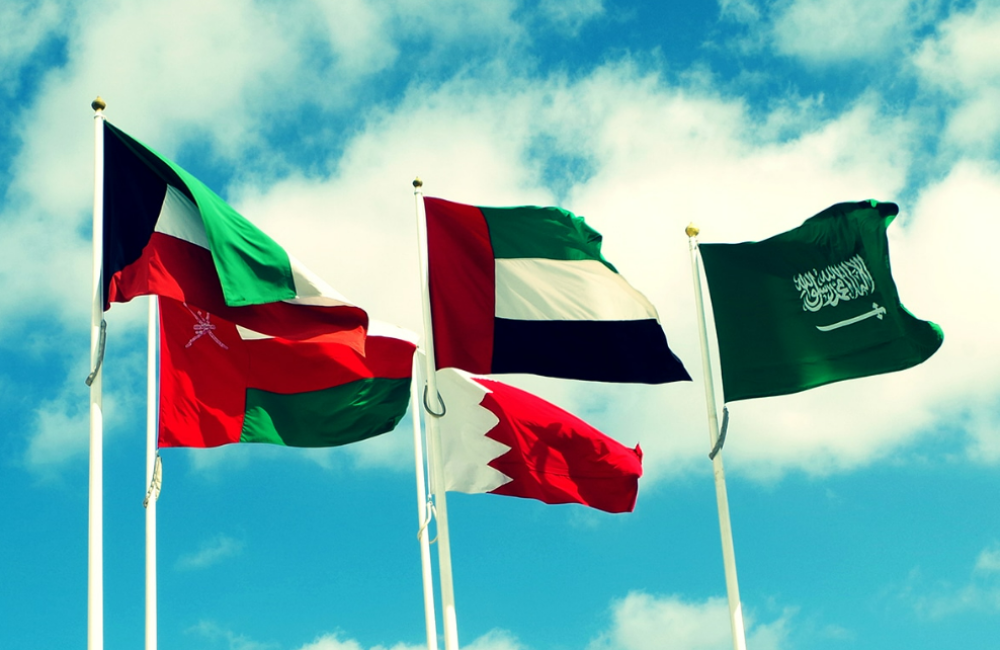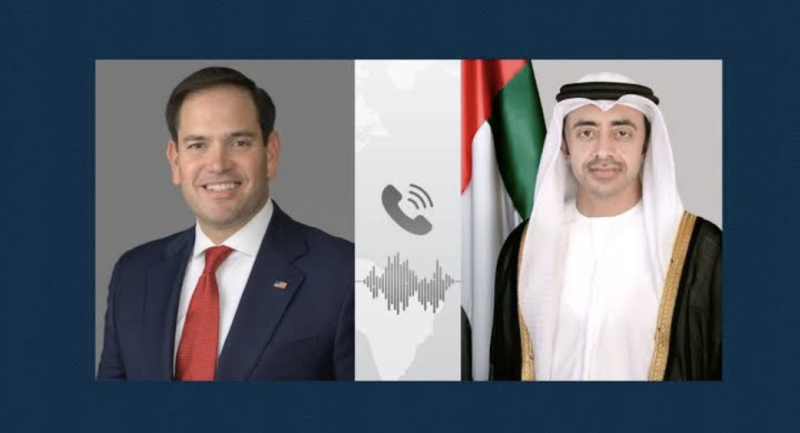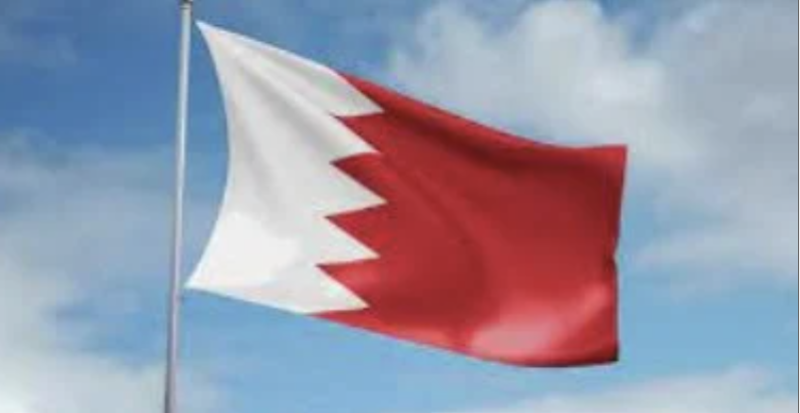Gulf States Urge Dialogue After U.S. Strikes on Iranian Nuclear Sites


In the wake of coordinated U.S. airstrikes on three Iranian nuclear facilities, five Gulf nations—the United Arab Emirates, Kuwait, Bahrain, Oman, and Qatar—have issued urgent calls for restraint and renewed diplomatic engagement, warning of the grave risks posed by further escalation in the region.
The strikes, part of a joint operation with Israel dubbed “Operation Midnight Hammer,” targeted Iran’s Fordo, Natanz, and Isfahan nuclear sites using B-2 stealth bombers and bunker-buster bombs, causing what U.S. officials described as “extreme damage”.
In response, the UAE emphasized the need for immediate de-escalation, urging the UN Security Council to act responsibly. Kuwait and Bahrain echoed these sentiments, calling for political solutions and peace talks between Washington and Tehran. Oman condemned the strikes as a violation of international law, while Qatar warned of “catastrophic consequences” if tensions continue to spiral.
The Gulf Cooperation Council (GCC) also released a statement stressing that the situation threatens regional stability, with Secretary-General Jasem Mohamed Albudaiwi urging all parties to exercise maximum restraint.
Meanwhile, Iran has confirmed the attacks and launched retaliatory missile strikes on Israeli cities, further deepening fears of a broader conflict.

Abu Dhabi – UAE Deputy Prime Minister and Minister of Foreign Affairs Sheikh Abdullah bin Zayed Al Nahyan received a phone call from U.S. Sec…

Manama – The Ministry of Foreign Affairs of the Kingdom of Bahrain expressed its deep appreciation, in its capacity as the current chair of t…

Muscat – The Sultanate of Oman announced on Tuesday that it is closely following the latest developments in the Republic of Yemen, reiteratin…